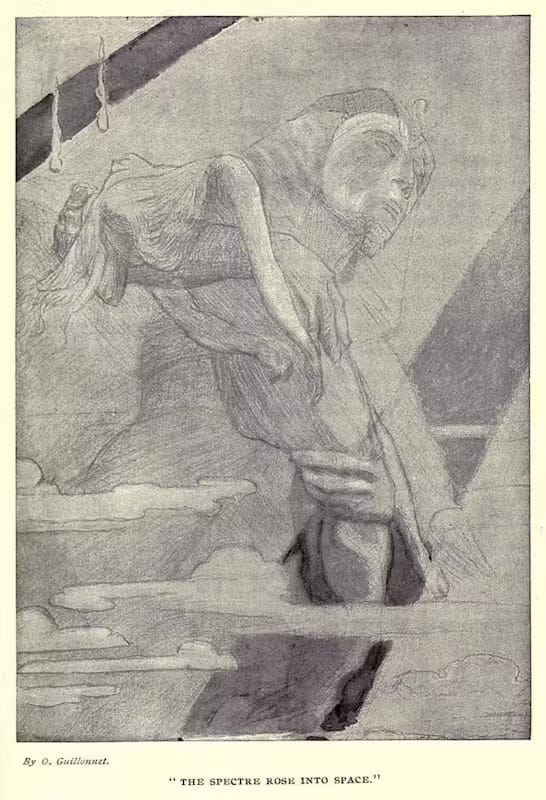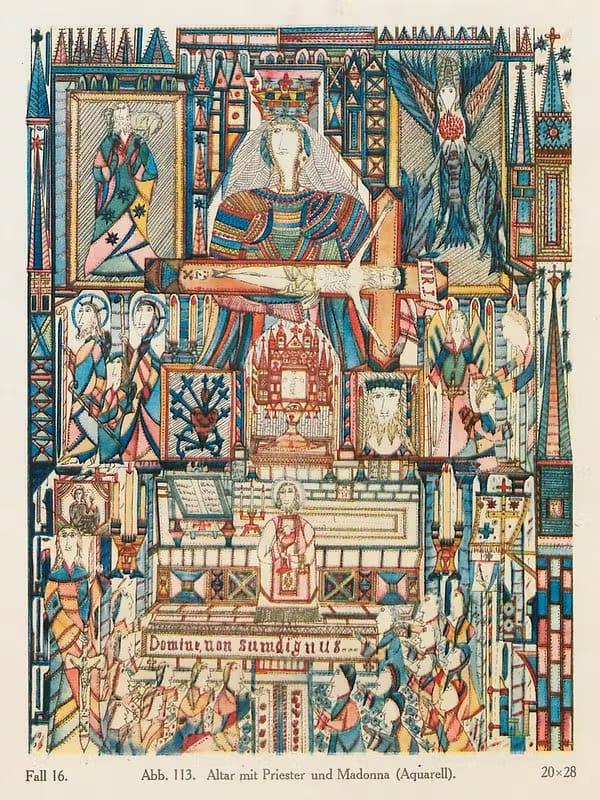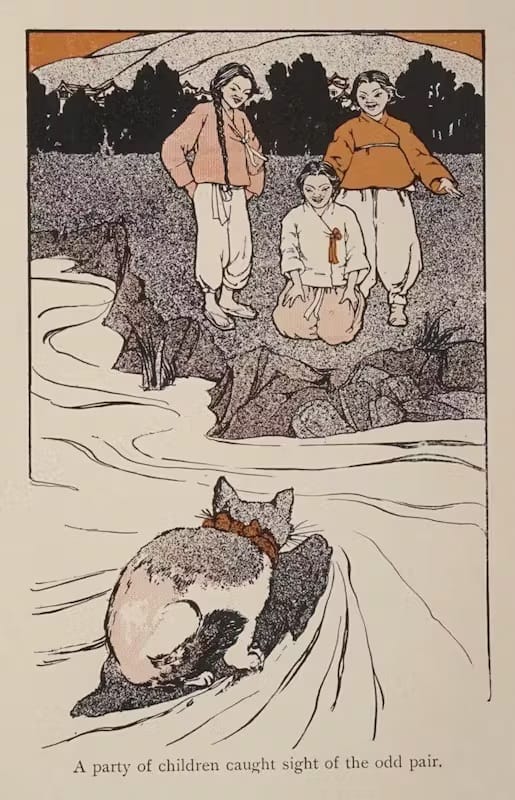The Output of a Knowledge Worker is Process
Some types of work result in physical artifacts being produced -- farming produces food, chemistry produces chemical compounds. But what is the output of a knowledge worker? What is the output of a writer, a programmer, or an analyst?[1]
There are physical artifacts left behind from these professions -- symbols on paper; but the etching of symbols on paper means little (they could just be Babel after all). The important aspect of the symbols is the meaning behind them.
A Giant Mapping Function
Knowledge work is a monstrous mapping function -- taking ideas from one set (raw material) and converting it into another, more valuable set. To do knowledge work is to know.
Knowledge workers value is a mapping of raw materials into another format that become raw materials for others' ideas.
The poet and the engineer (and the coral reef) may seem a million miles apart in their particular forms of expertise, but when they bring good ideas into the world, similar patterns of development and collaboration shape that process. (Location 274)
The Sign of a Good Knowledge Worker
Good knowledge workers know what they know, know what they don't know, and they know how to get the knowledge that fills the gap.
Patterns and Stimuli
Certain patterns of symbols are only valuable in specific contexts, and codified knowledge (books, for example) gives more tools to deal with novel contexts. Those who read widely can recall more patterns.
Skin in the Game and Advice
"Avoid taking advice from someone who gives advice for a living, unless there is a penalty for their advice." - Nassim Nicholas Taleb in Skin in the Game (View Tweet)
To validate the veracity of an idea from a knowledge worker, consider the amount of skin they have in the game. Good advice is advice you would give yourself if you had the expert's knowledge.
Advice is one thing that is freely given away, but watch that you take only what is worth having. He who takes advice about his savings from one who is inexperienced in such matters, shall pay with his savings for proving the falsity of their opinions.’ (Location 384)




